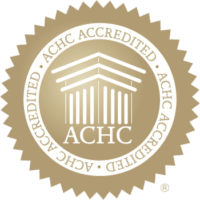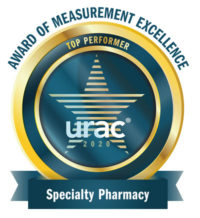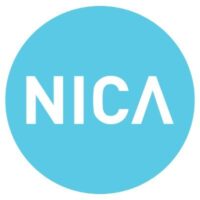By Shane Reeves, CEO

Each November, the Alzheimer’s Association celebrates the millions of caregivers who care for a loved one with Alzheimer’s disease during Family Caregivers Month.
Alzheimer’s disease is a progressive brain disorder that gradually destroys memory, thinking skills, and the ability to perform everyday tasks. It is the most common cause of dementia, accounting for 60-70% of dementia cases worldwide.
There are currently estimated to be over 55 million people worldwide living with dementia. The number of people affected is projected to rise to 139 million by 2050, with the most significant increase in low and middle-income countries.
Characteristics of Alzheimer’s Disease
Alzheimer’s disease is characterized by brain cell death and shrinkage over time and a build-up of abnormal proteins (amyloid plaques and tau tangles) in the brain.
The symptoms of Alzheimer’s disease are many, which can often account for misdiagnosis, especially early in the disease. Symptoms can include:
- Memory loss, especially for recent events and newly learned information
- Difficulty with problem-solving and planning
- Challenges in completing familiar tasks
- Confusion with time or place
- Problems with visual perception
- Language difficulties, such as trouble finding words
- Misplacing items and inability to retrace steps
- Poor judgment and decision-making
- Withdrawal from social activities
- Changes in mood and behavior
As the disease progresses, symptoms become more severe, eventually leading to the inability to carry out essential daily activities and the need for full-time care.
Alzheimer’s Causes and Risk Factors
The exact cause of Alzheimer’s disease is not fully understood, but it is believed to result from a combination of genetic, lifestyle, and environmental factors, including age (most common in people over 65), family history and genetics, cardiovascular health issues, head injuries, and lifestyle factors (e.g., lack of exercise, poor diet, smoking).
Memory testing plays an essential role in detecting Alzheimer’s disease. It provides a baseline measure of cognitive function, allowing doctors to monitor changes over time—typical of Alzheimer’s disease—though it is typically used with other diagnostic tools.
Assessing cognitive function: Memory tests evaluate various aspects of cognition, including short-term and long-term memory, attention, language, and problem-solving skills. Impairments in these areas can be early signs of Alzheimer’s.
Identifying patterns of impairment: Alzheimer’s tends to affect certain types of memory first, particularly short-term memory and the ability to learn new information. Memory tests can reveal these characteristic patterns.
Differentiating from normal aging: While some memory decline is normal with age, memory tests can help distinguish between normal age-related changes and more significant impairment that may indicate Alzheimer’s.
Screening for mild cognitive impairment (MCI): Memory tests can detect MCI, which often precedes Alzheimer’s disease. For example, the Self-Administered Gerocognitive Exam (SAGE) can catch 79% of people with MCI.
Guiding further evaluation: Poor performance on memory tests may prompt healthcare providers to order additional tests, such as brain imaging or cerebrospinal fluid analysis, to confirm an Alzheimer’s diagnosis.
It’s important to note that memory tests alone cannot definitively diagnose Alzheimer’s disease. They are part of a comprehensive evaluation, including medical history, physical examination, laboratory tests, and brain imaging. Additionally, some newer diagnostic approaches, such as blood tests for specific biomarkers, are being developed to potentially detect Alzheimer’s earlier and more accurately.
Leqembi: Infusion Treatment for Alzheimer’s Disease
TwelveStone Health Partners offers Leqembi (lecanemab), one of the most effective treatments for early Alzheimer’s disease. Approved for patients with mild cognitive impairment or mild dementia stage of Alzheimer’s disease, Leqembi works by reducing amyloid plaques in the brain, which are a defining feature of Alzheimer’s disease. Administered every two weeks via IV infusion lasting about one hour, Leqembi demonstrated a statistically significant and clinically meaningful reduction in cognitive and functional decline from baseline to 18 months compared to placebo.
Supporting Those with Alzheimer’s Disease
Caring for a loved one with Alzheimer’s disease can be difficult, and often, caregivers need support, too.
In addition to offering infusion treatments in a soothing and non-threatening setting, TwelveStone Health Partners also provides services for caregivers. Our peer advocates and support groups are available to both caregivers and patients, and we offer spiritual guidance and prayer.
Scripture assures us that nothing can separate us from the love of God, not even a dementia that may strip a person of her awareness of God’s presence. “For I am convinced that neither death nor life, neither angels nor demons, neither the present nor the future, nor any powers, neither height nor depth, nor anything else in all creation, will be able to separate us from the love of God that is in Christ Jesus our Lord.” (Romans 8:38-29).
This holistic approach to helping patients, caregivers, and families makes TwelveStone a unique infusion service that’s earned over 1,000 5-star reviews. Ask how we can help you.















